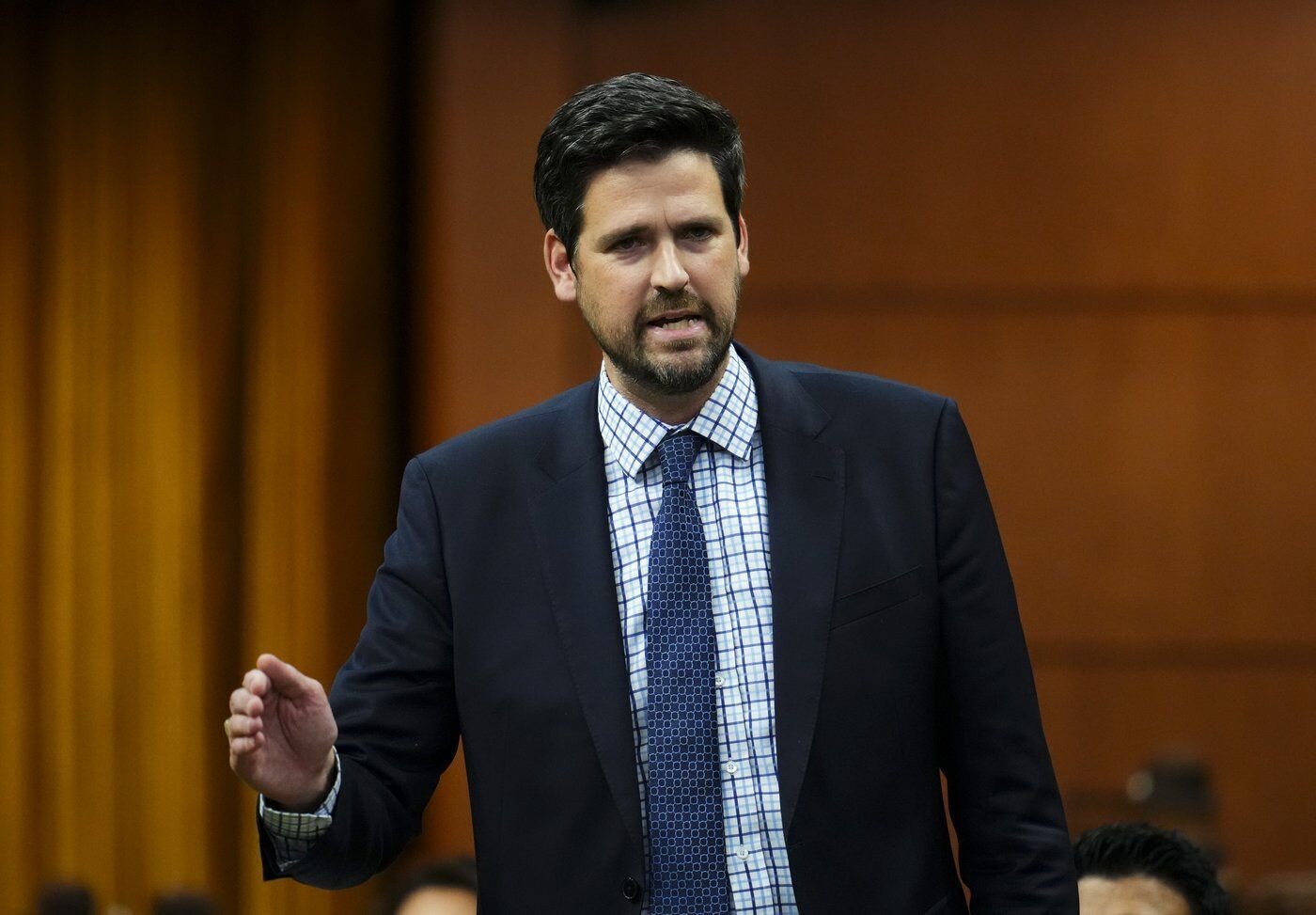
Canada’s New Immigration Bill Sparks Privacy Concerns Over Hidden Surveillance Powers
Hey everyone, today I want to talk about something really important that’s been making headlines across Canada — and it’s not just about immigration. The federal government has introduced a new bill, called the Strong Border Act , also known as Bill C-2 , which on the surface is about border security and immigration. But if you look closer, there’s a lot more going on under the hood, especially when it comes to your online privacy and data rights .
Now, at first glance, you might think this bill is just the government’s way of tightening up border control, especially with everything going on globally — from refugee movements to security issues. But here’s the twist: tucked deep inside this 140-page piece of legislation are provisions that go way beyond border security. We're talking about expanded surveillance powers , allowing law enforcement to access Internet subscriber data — without a warrant in many cases.
Also Read:- Ronaldo Strikes Again as Portugal Edge Germany in Nations League Classic
- Tragic End to a Stag Party in Portugal as Family Mourns Loss of Greg Monks
These hidden sections propose something called “information demands.” This means police officers could compel internet service providers to confirm whether someone is a subscriber, what services they’ve used, and where those services were accessed — and they can do this based only on suspicion , without judicial oversight. That’s a massive shift from how things have been done, especially after the Supreme Court of Canada clearly ruled in 2014 that Canadians have a reasonable expectation of privacy when it comes to this type of information.
What’s even more concerning is that this isn’t the first time we've seen these kinds of measures. Similar "lawful access" proposals were floated in the past and were met with strong public and legal opposition . Some were even withdrawn after outcry, including one in 2012 that notoriously led to a government official saying critics could "stand with us or with the child pornographers" — a statement that backfired badly. Since then, the courts have reinforced privacy rights, saying even things like IP addresses are protected under the Charter .
But now, under the guise of border safety, these powers are creeping back in. The bill also introduces global production orders , meaning Canadian authorities could request subscriber data not only domestically but from foreign companies too. And yes — in emergency situations, they could even bypass the court system entirely.
The way I see it, this bill is trying to use the politically sensitive issue of border control to bring in surveillance powers that would otherwise never fly with Canadians. It’s using immigration and national security as a backdoor to quietly reintroduce sweeping digital surveillance — something the public and courts have pushed back on again and again.
So what does this mean for us? Well, it means we have to stay informed and engaged . If this legislation passes without major changes, it could set a dangerous precedent for warrantless access to our digital lives . Immigration reform and border safety are valid policy areas, but they shouldn't come at the cost of fundamental privacy rights .
Keep an eye on this one, Canada — because what’s buried in Bill C-2 doesn’t just affect newcomers. It affects all of us .
Read More:



0 Comments